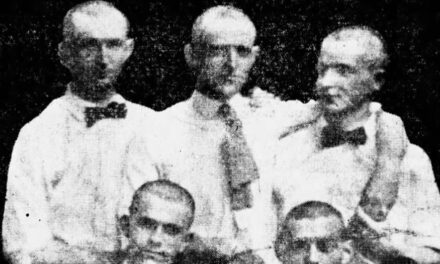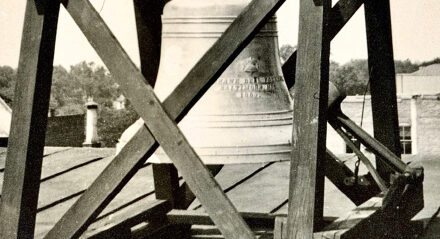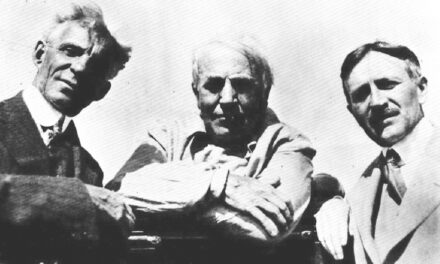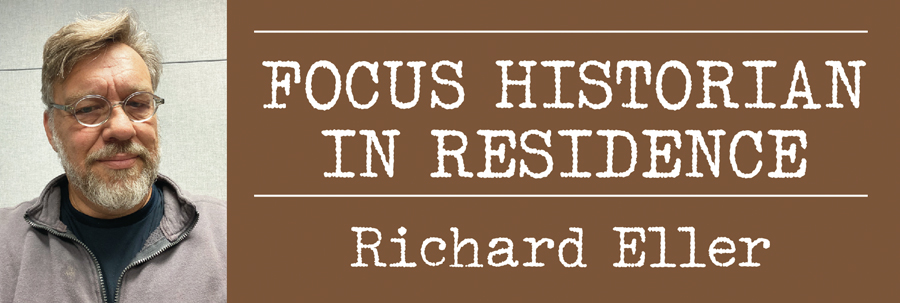
Do you believe that we all are equal? Certainly, as a good American it is enshrined in our founding documents. All are created equal, subject to the rights of “life, liberty and the pursuit of happiness.” While you may believe that you are individually smarter, in better shape, physically or emotionally, whatever the yardstick, we all subscribe to the premise that as a society, we are egalitarians, which is just an uptown way of saying we are all equal.
However, sometimes that idea comes and goes. I’ve been engaged in research on the history of North Carolina for an upcoming class I am teaching (sign up, it’s HIS 236 at cvcc.edu) and I have come across an important discovery. The Tarheel state takes a lot of flak from both Virginia and South Carolina about the fact that we did not have “significant” events in our early history. Our coastline did not allow for the creation of a grand old city like Charleston or the first permanent English settlement in North America with Jamestown. Remember, ours failed when the Roanoke Colony failed. Whatever happened to those people?
The old joke was that NC was a veil of humility between two mountains (VA, SC) of conceit. The mountains shot back the we had a lot to be humble about. Yet what was going on in the early settlements predicts something that would one day be considered revolutionary. While our neighbors to both the north and south were instituting a system that was an extension of European society, the land that became North Carolina was doing something different.
For centuries, the idea that people were born to certain stations in life persisted. The monarchs of Europe wanted to keep that system in place, telling peasants that such was God’s plan and they better remain loyal, or else. In other words, somebody, not them, were destined to do all the work necessary to keep society in food, clothing, etc. Virginians and Carolinians to the south bought into the concept. They welcomed indentured servants and quickly added enslaved persons to the work roster as a means of perpetuating a labor system that maintained a social hierarchy.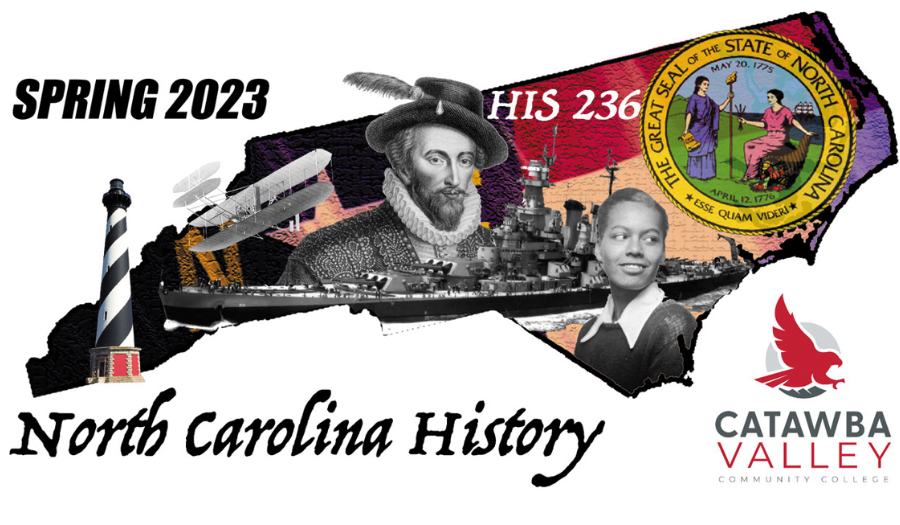
But things were different in North Carolina. Indentures who felt the need to run away came south from Jamestown, so did enslaved people. They were not interested in building a plantation system. They were bent on a different model. About this time there was also a religious struggle going on. The very controlling Anglican Church (sanctioned state Church of England) sought to extend its reach to the New World while another, more egalitarian faith was on the rise. These were the Quakers. They believed in buying, not taking land from the Native population. They accepted the equality of all believers, men & women, opposed slavery and refused to swear oaths, arguing that the concept put country ahead of God. As they were a part of the Albemarle settlement, viewpoints collided and North Carolina became a place where the value of all members received a spirited debate.
Oh, and they did not want to pay taxes back to absentee landlords that they thought were unfair. An idea whose time would come later. What happened in Albemarle is fascinating in the light of later American history. And it started right here in the Old North State. Next week, the blow-by-blow on equality born in NC.
Photo: A shameless plug for a course on North Carolina History coming soon to Catawba Valley Community College.



